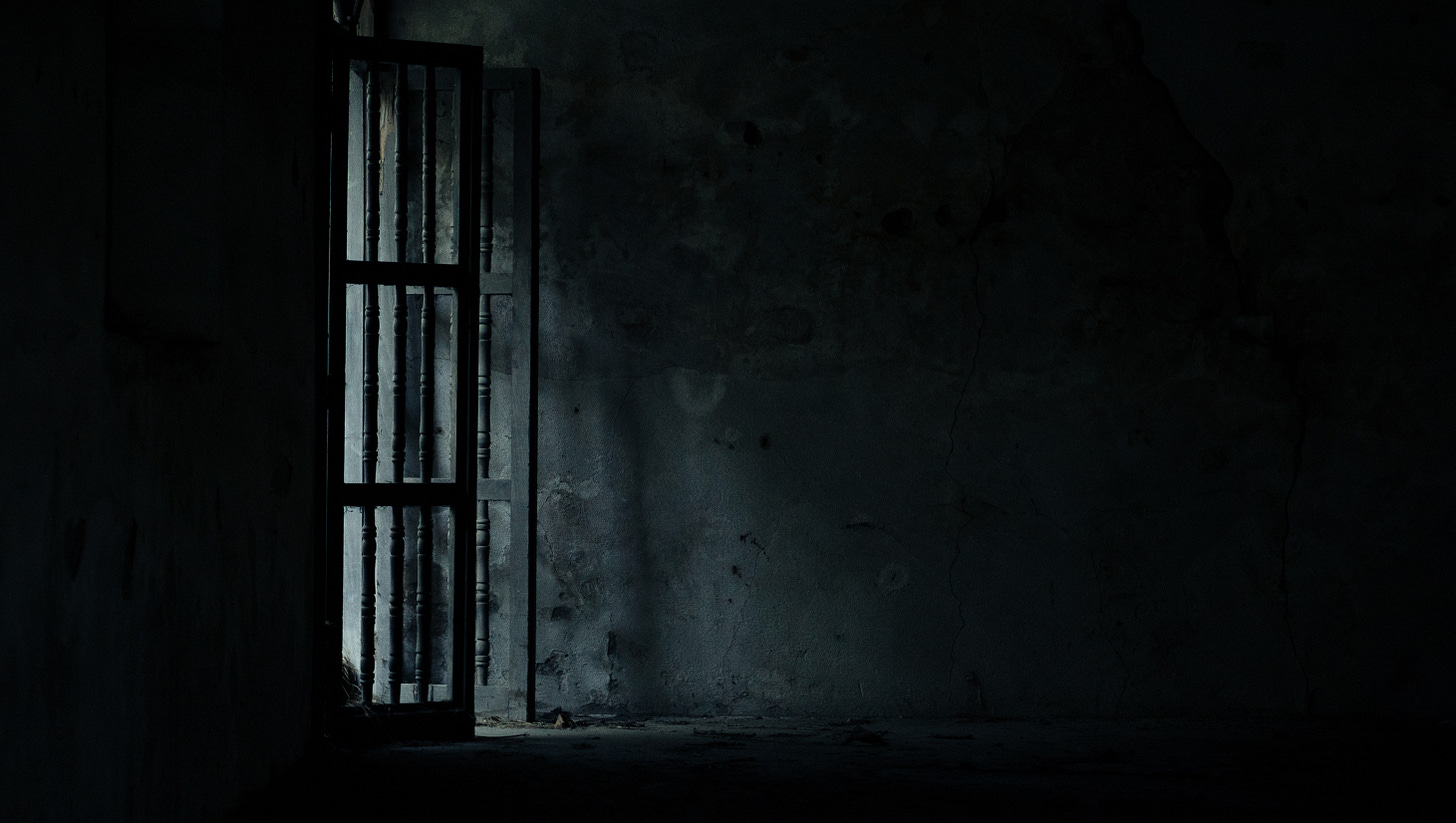The Mysteria: part one
What are priests for? And that time Phyllis Schlafly gave me an award.
Inspired by some really fascinating comment exchanges with Paul Kingsnorth, and driven by a need to write more about my own experiences with religion and my larger understanding of the Sacred and its influence on politics, I’ve decided to start a new essay series called The Mysteria.
This is the first essay.
“..if you are a Catholic and have this intensity of belief, you join the convent and are heard from no more; whereas if you are a Protestant and have it, there is no convent for you to join and you go about in the world getting into all sorts of trouble…”
Flannery O’Connor
“All significant concepts of the modern theory of the state are secularized theological concepts not only because of their historical development - in which they were transferred from theology to the theory of the state, whereby, for example, the omnipotent god became the omnipotent lawgiver - but also because of their systematic structure…”
Carl Schmitt
I guess I was 16 when the teacher of my Advanced Placement American Government class told me to make sure I came to school the next day, otherwise she’d be very, very frustrated.
There was a class trip planned for the day, one of many trips designed to give us students exposure to political actors and institutions. My teacher was young, and quite politically liberal, but I didn’t realize how liberal she was until she’d iterated her demand that I not embarrass her by skipping school.
I skipped a lot of school, actually, so her demand wasn’t without merit. In fact, by the end of high school I’d missed 190 days, which is more than one school year. I was working most evenings to support my sisters and my mother, and was often very tired the next morning. Despite being absent so much, I managed to get very good grades, to ace every exam and get A’s on all my essays. Doing so well was one of the reasons the teachers tolerated my absences, though I think they all also knew my home situation was really bad and that helped their tolerance, too.
Still, I “absolutely” had to show up that next day, because the class was going to a luncheon where one of us (me) would get a recognition award from a very prominent Christian political figure, Phyllis Schlafly.
At least half my American readers are too young to know who Phyllis Schlafly was, I imagine, though her influence on what the United States looks like now influences everyone there. She was a very conservative Christian, an anti-feminist activist, and is widely considered to be the primary reason for the defeat of the Equal Rights Amendment to the US Constitution.
And yes, I got an award from her in 1993.




